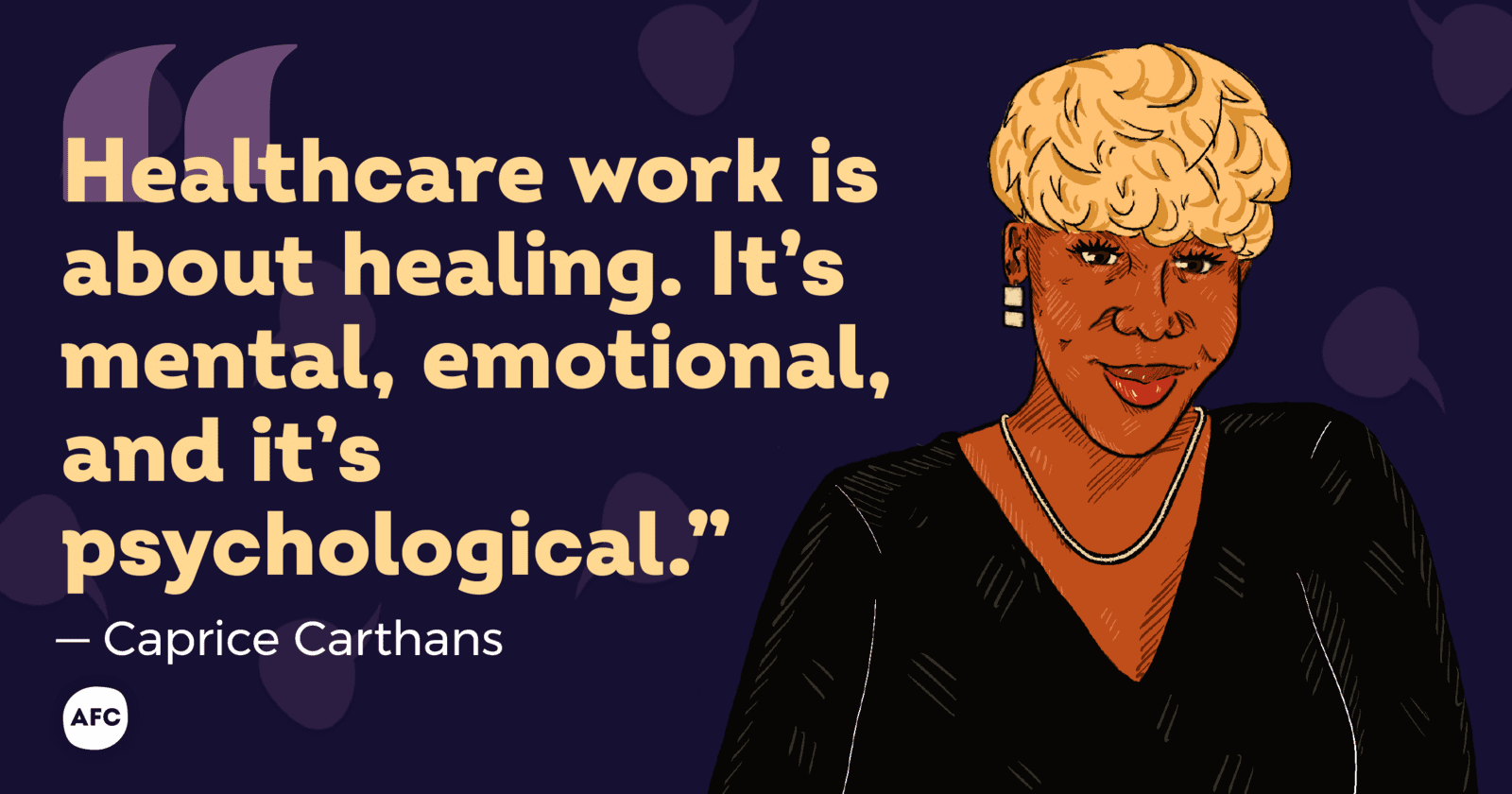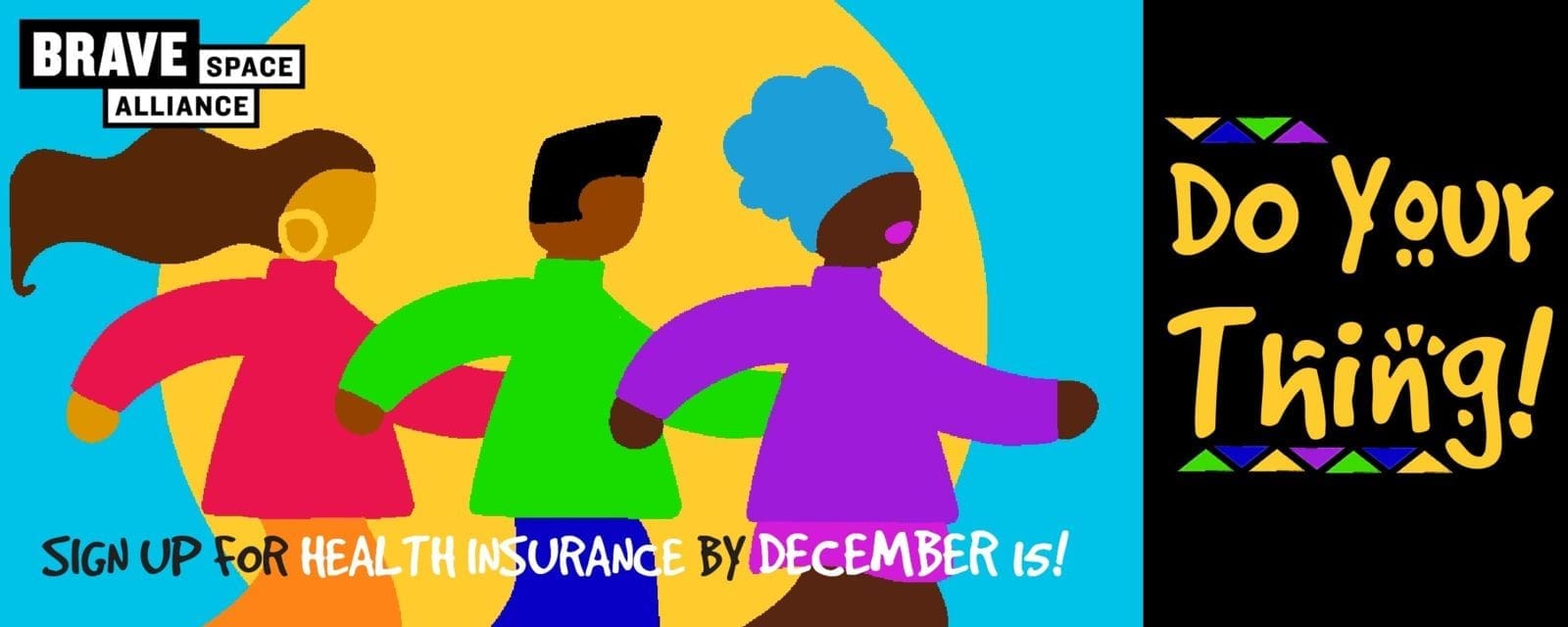By Indigo Quashie
Caprice Carthans is a member of AIDS Foundation of Chicago’s Board of Directors and Community Advisory Board (CAB) and fierce advocate for competent transgender health care across the city. As a Black transgender woman herself, Caprice centers her advocacy work around supporting, inspiring, and protecting her communities and the physical spaces they inhabit. The CAB is a group of eight advocates, healthcare workers, community leaders and more who get together to discuss ways in which AFC’s supportive services, such as case management, can be improved from the lenses of those receiving these services. However, to Caprice, the term “community” rather than “consumer” is more appropriate as it recognizes individuals as people instead of company targets. An organization or health care center implementing practices and spaces like the CAB, which prioritize the communities they are helping, truly allows people seeking care to feel like their voice is heard.
Within LGBTQ+ communities, and especially transgender individuals, it is common for the lack of confidence and security in one’s voice to begin in the household. For example, in many traditional Black families, transgender youth run the risk of being rejected by parents due to personal beliefs, stigma, or lack of education about their experience. Fortunately, Caprice had a supportive mother who not only recognized, but prioritized her identity as early as age four by buying her dolls for Christmas. When she officially came out at 13, Caprice’s mother shared that while she may have lost a son, she gained a wonderful daughter in return. This is a sentiment that Caprice holds dearly and uses to create an empathetic and supportive environment for the younger generations in her family.
When a person grows up without being surrounded by a supportive community, it can be a major challenge to advocate for their needs when seeking health care. And this desire is only stifled more when health care centers are not adequately trained to provide resources to transgender individuals. Caprice currently hosts 101 trainings with health care centers around the city around competent transgender care. From her observations, she explained that some providers tend to fall flat in three areas:
- Outright refusing to provide care due to a patient’s lack of resources rather than supporting them in accessing said resources;
- Staff holding their own prejudices against transgender identities, primarily due to stagnant religious beliefs and lack of education; and
- Care practices being developed around old data instead of learning from the reality that transgender individuals are living on a day-to-day basis.
“When we get an invitation to the table, even just to have the conversation, we have a responsibility to educate them about what the reality is. A lot of them folks look at data that’s two and three-years-old. I live in the real world, so what you see on paper don’t actually exist on my side of town. We don’t talk like that, and we don’t act like that. We don’t do that. Don’t try to shape me into something just so you can flow with what you got on paper!”
While looking at data is useful when comparing long-term trends and practices, balancing that with being receptive of current transgender experiences is important for health care centers to create a foundation of trust, vulnerability, and transparency with their patients. The constant battle with stigma, miseducation, and even physical safety should not enter the doors of a space where one is seeking support for their livelihood.
“Folks have been harmed for so long by systems in place, so how do we heal? Public health is about healthy living. Quality care of living, publicly. That’s an inclusive piece where we shouldn’t discriminate on people’s resources. Prejudice is a taught behavior, but breaking stigma is also a taught behavior. Healthcare work is about healing. It’s mental, emotional, and it’s psychological.”
If you would like to share your story and be featured on AFC’s blog, join our storytelling campaign here.



